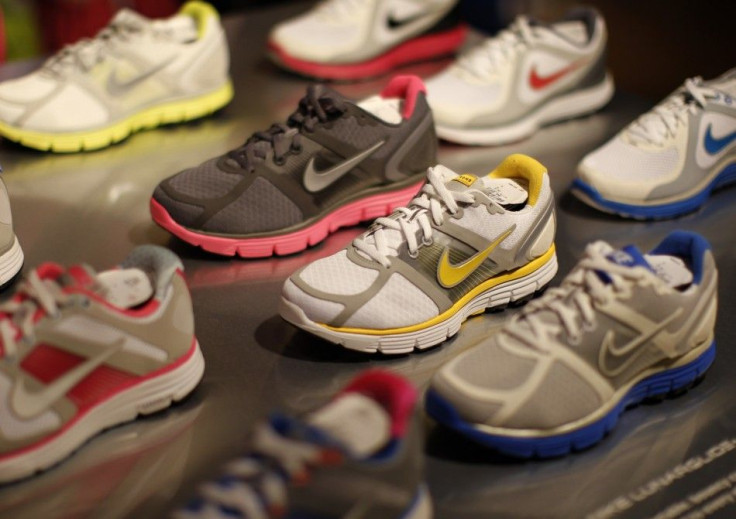Nike Agrees to Pay $1-Mln in Overtime to Indonesian Workers

Nike, the U.S.-based shoe and sportswear giant, has agreed to pay $1-million in overtime compensation to about 4,500 Indonesian workers in an out-of-court settlement, following almost a year of negotiations.
Serikat Pekerja National (SPN), the trade union representing workers at the PT Nikomas plant in Serang, Banten province, said that almost 600,000 hours of overtime at the facility went unpaid over the past two years.
The union said it hopes the settlement leads to similar action in other factories across Indonesia.
The decision is being viewed as a symbolic victory, given that the compensation was rather modest and because Nike has long been accused of exploiting and underpaying employees toiling in its Third World factories.
This has the potential to send shock waves through the Indonesian labor movement, said Bambang Wirahyoso, the national chairman of SPN.
The leadership at SPN is gearing up to take on the fight for any workers who have been subjected to forced overtime without pay. We have only just begun.
The union said it will next target Adidas and Puma.
Wirahyoso added: There are more than 100,000 factory workers in Serang, and those who are most prone to overwork are laborers for branded merchandise, since they have to achieve certain targets.
Moreover, SPN said the Nike workers deserved much more pay than what he settlement allowed.
The practice of forcing workers to do overtime without pay was actually happening for 18 years at Nikomas, but Indonesian law only allows redress for the past two years, SPN said.
In a statement, Nike said: Nike commends the factory on their action plan and efforts to correct inadequacies in current policies designed to protect the rights of workers. Nike will continue to monitor and support their efforts to remediate the situation. The company also said it would offer training programs, and set up a task force to address grievances.”
Karishma Vawani, a BBC correspondent in Jakarta, commented that the case may raise alarms for other foreign companies operating in Indonesia.
The fact that Nike's Indonesia factory has opted to handover this million dollars and an apparent admission of some wrong doing at their Indonesia plant, may serve as a warning to other companies here be a bit more mindful of what happens at their Indonesia subsidiary, she told BBC.
According to the Campaign for Labor Rights (CLR), a Washington D.C.-based organization, Nike moved all of its factories labor-cheap Asia as long as ago as 1984, resulting in 65,000 U.S. workers losing their jobs.
“Making these sport shoes does benefit developing countries,” wrote CLR’s Tim Glenn.
“It brings money, jobs, and some skills are shared. However, Nike's target is not so. As Taiwan and South Korea democratized, unions became legal, and wages began to rise, Nike immediately began to look for new undeveloped havens of low wages. New operations were set up in Indonesia, China, Vietnam, Pakistan, and Thailand.”
Glenn added: “Most of the shoe workers in Asia are teenagers and unmarried young women from ages 17 to 30. The average worker produces 4.3 pairs of shoes a day, and only gets the minimum wage of $2.50 a day in Indonesia. The daily livable wage in Indonesia is between $4.00 to 4.50, yet Nike still pays minimum wage to the workers who make the shoes that sell for over $100.”
© Copyright IBTimes 2025. All rights reserved.





















